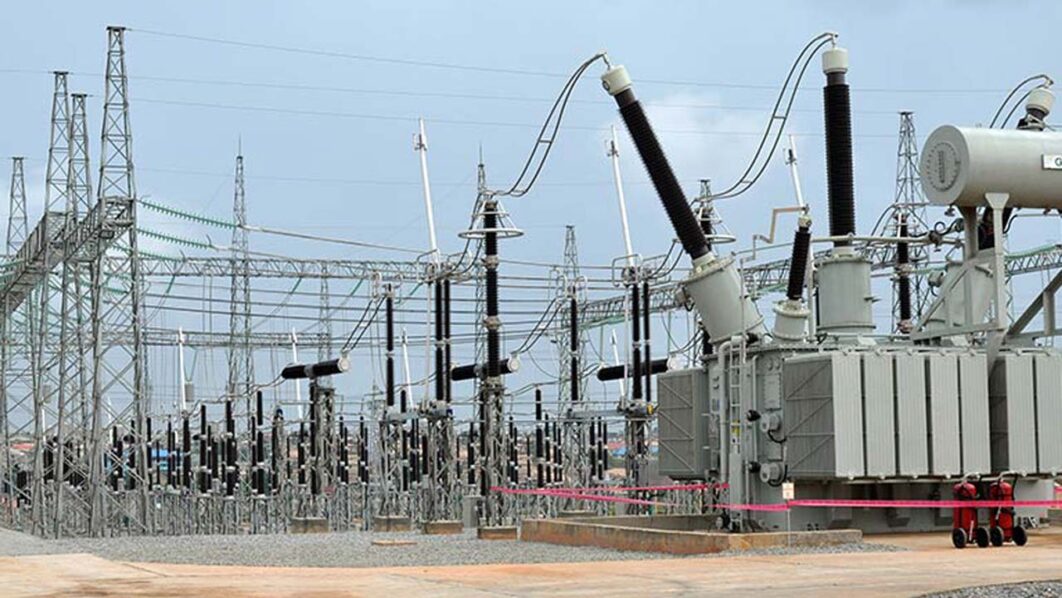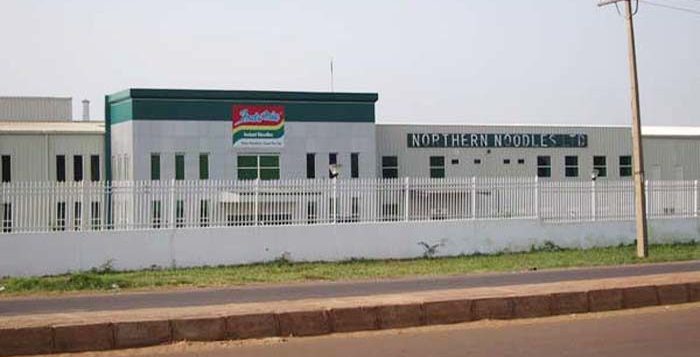
The failure to activate the Power Consumer Assistance Fund (PCAF) this quarter has deepened Nigeria’s electricity liquidity crisis, with power subsidies surging to N200 billion monthly and generation companies (GenCos) receiving only 39 per cent of their invoices as of December 2024.
However, PowerUp Nigeria emphasised that the delay may not spell collapse, noting that a combination of adaptive policies, stakeholder collaboration and accelerated reforms could still steer the sector toward recovery.
Executive Director of PowerUp Nigeria, Adetayo Adegbemle, said that to bridge the PCAF gap, the government must immediately establish an emergency liquidity facility backed by multilateral development partners or sovereign guarantees.
He noted that this fund could temporarily cover a portion of the subsidy burden while fast-tracking PCAF’s operationalization. Adegbemle said NERC should simultaneously mandate DisCos to ring-fence revenue from Band A customers (who pay higher tariffs) exclusively for settling GenCos’ invoices, ensuring at least 50 per cent payment compliance as such measures would prevent further erosion of investor confidence and keep gas suppliers engaged.
“While delays are regrettable, they offer an opportunity to refine PCAF’s design. Contributions from government and eligible customers (per the Electricity Act) should be frontloaded, with NERC publishing a clear, shortened timeline for rollout.
“To incentivise participation, industrial customers could receive tax rebates for timely PCAF contributions, while low-income households gain priority access to the N5,000 monthly support. Public campaigns explaining PCAF’s benefits, such as stabilised tariffs and direct bill relief, would mitigate resistance and foster buy-in,” he said.
Despite PCAF’s delay, Adegbemle emphasised the need for phased tariff adjustments to maintain financial stability, he mentioned that NERC could propose a sub-band categorisation within Band A, linking tariffs more closely to inflation and foreign exchange fluctuations. A lifeline tariff buffer, funded by levies on high-energy commercial users, has also been suggested to shield vulnerable households from price shocks.
On the electricity distribution companies (DisCo) side, he noted that persistent underperformance by DisCos exacerbates liquidity gaps; hence, NERC must enforce stricter penalties for failures in metering, supply hours, or revenue remittance leveraging technology for real-time monitoring of DisCos’ collections and infrastructure investments would enhance transparency. This, he argued, would improve efficiency and boost investor confidence in the sector.
“Macroeconomic volatility remains a root cause of tariff instability. The Central Bank of Nigeria (CBN) and the Ministry of Finance must prioritize stabilising the naira and curbing inflation through coordinated fiscal-monetary policies. A dedicated FX window for gas purchases and GenCos’ debt settlements would reduce pricing distortions. Meanwhile, accelerating the transition to renewable energy and decentralized grids can lessen reliance on imported gas, insulating the sector from external shocks.






